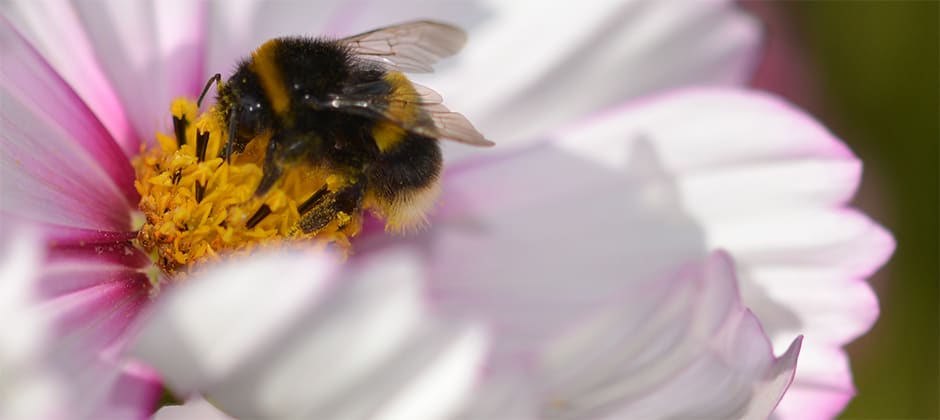Share this article
European Union plans to ban common pesticides
The European Union plans to ban one of the most common pesticides in the world due to concerns about the pesticide posing a high risk to amphibians and fish as one of the main reasons. Chlorothalonil, a fungicide which prevents mold and mildew on crops, is common in U.K. farms. While farmers believe this ban is “overly precautionary,” after a European Food Safety Authority review, the EU voted for the ban because of its possibility of chemically damaging DNA in humans and for its risk to wildlife. Research in 2017 showed that fungicide use is also related to bumblebee death, likely making them more susceptible to the Nosema parasite, which causes serious damage to bees, reducing their lifespan and killing colonies.
Read more in The Guardian.
Header Image: Recent research suggests fungicides may contribute to bumblebee declines. ©Barney Moss








